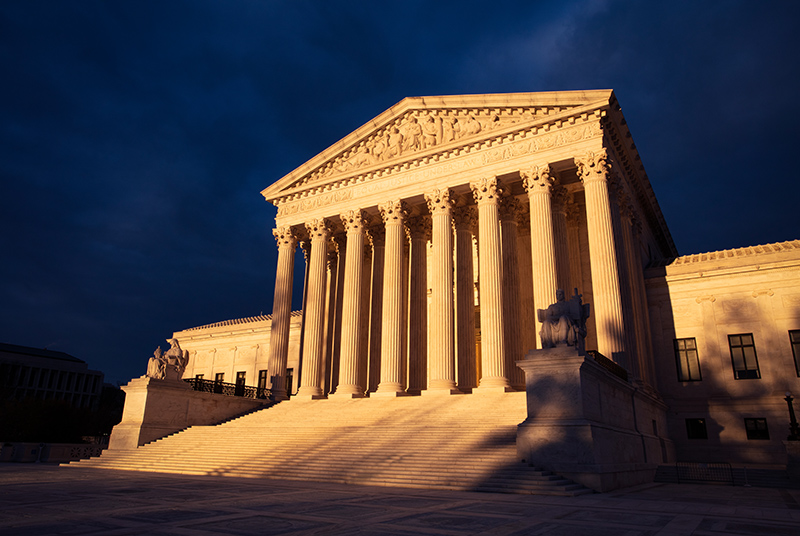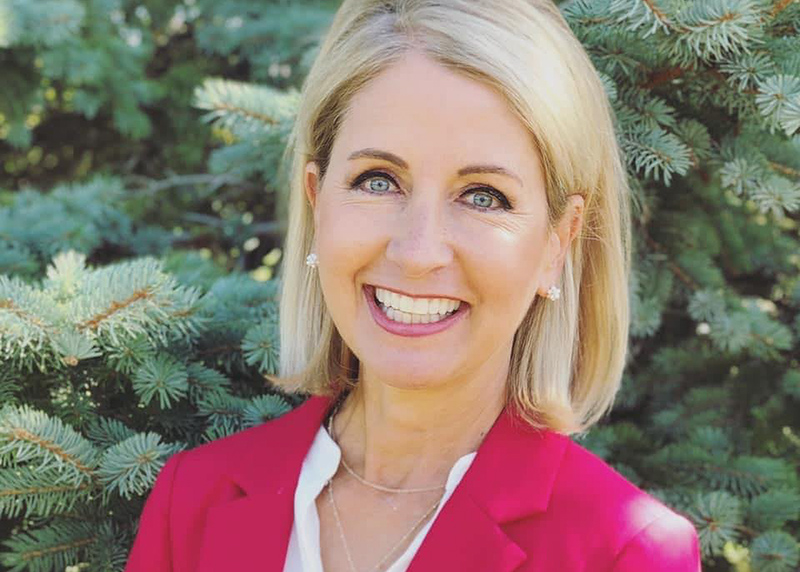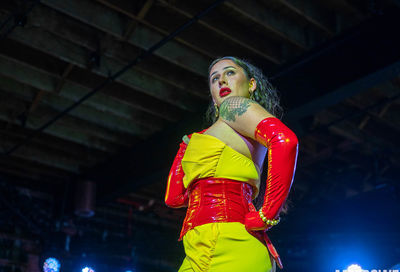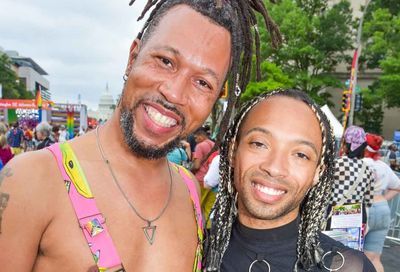Cuban Voters Legalize Gay Marriage and Adoption
Two-thirds of voters approve referendum legalizing same-sex marriage, adoption, and surrogacy, despite religious opposition.

Voters in Cuba have approved a new family code that includes protections for women, children, and the elderly and expands LGBTQ rights by legalizing same-sex marriage and same-sex adoption.
The country’s Electoral Council reported that 74.1% of those eligible to vote cast ballots in Sunday’s national referendum.
More than 3.9 million voters — about 66% of those casting ballots — voted to ratify the LGBTQ-inclusive code, while 1.95 million opposed ratification, reports Reuters.
“Justice has been done,” Cuban President Miguel Diaz-Canel, who advocated for a “yes” vote and threw government support behind a media campaign aimed at convincing Cubans to approve the changes, tweeted after the results were announced.
“It is paying off a debt with several generations of Cuban men and women whose family projects have been waiting for this law for years,” he added. “Starting today, we will be a better nation.”
The 100-page family code — the first revision since 1975 — legalizes same-sex marriage and civil unions, allows same-sex couples to adopt children, permits surrogacy, encourages couples to share housework equally, condemns domestic violence, and insists that children have a voice in family decisions. The latter represents a shift from the traditional familial model where the husband and father is considered the primary decision-maker.
Prior to the Sept. 25 referendum, the Cuban government held more than 79,000 community meetings between February and April to discuss some of the proposed changes, and amended some of its provisions based on community feedback, reports The Associated Press.
Cuba’s National Assembly passed the revised code in July before sending it to the voters for final approval.
While there are no independent observers of Cuban elections, Reuters reports that scattered local reports of district counts on social media appeared to align with official tallies.
The approval of the code marks a significant shift with respect to both the government’s support for LGBTQ rights, and general attitudes towards homosexuality among Cubans.
In the early 1960s, after former dictator Fidel Castro took power, many gay people were fired from their jobs and sent to labor camps known as Military Units to Aid Production, reports the Miami Herald.
Although homosexuality was later legalized in 1979, many gay men and women reported experiencing discrimination in their daily lives.
Under Cuba’s Communist regime, independent civil society groups are restricted, meaning that advances on LGBTQ rights have largely been pushed for by the government, which cast a “yes” vote in favor of the revised code to support for the existing political system.
Mariela Castro, the niece of Fidel Castro and the daughter of former President Raúl Castro, has been one of the most vocal proponents of LGBTQ rights.
She has used her position as director of the government-funded Cuban National Center for Sex Education to advocate for a shift in attitudes and promote policies that bar workplace discrimination against LGBTQ people and require the country’s public health system to provide gender confirmation surgery free of charge.
Some dissidents have criticized her, however, accusing her of trying to downplay or paper over her family’s role in the historical persecution of the LGBTQ community.
Full equality for LGBTQ people has also received pushback, from both inside and outside the government in recent years.
According to CNN, in 2018, Cuban lawmakers abandoned an effort to legalize same-sex marriage over fears that a homophobic backlash could decrease turnout for a referendum aimed at approving a new constitution.
The following year, police broke up an LGBTQ Pride parade, arguing that marchers did not have government permission to hold the event.
Religious leaders, including Cuba’s Catholic bishops and leaders within the country’s growing evangelical community, vocally and vehemently opposed the revised family code.
“The proposal is permeated by what is known as ‘gender ideology,’ which, as often happens with ideologies, is a construction of ideas that people want to impose by force onto reality, and wind up distorting it,” the Cuban Conference of Catholic Bishops said in a statement.
The announcement of the results came as Cuba prepared for Hurricane Ian to pass over its western tip on Tuesday, and during a time of widespread anger over food and electricity shortages, as well as a sluggish economy struggling to recover from the impact of the COVID-19 pandemic and ongoing U.S. economic sanctions.
Due to that frustration, some dissidents had urged a “no” vote on the referendum, saying that a successful “yes” vote — as desired by the government — would send the wrong message to the country’s political class.
The fact that one-third of Cuban voters rejected the referendum, in a country where the government-favored position usually receives near-universal support, indicates not only the influence of religious leaders within Cuban society, but the increasing willingness of some Cubans to dissent from the approved government position.
Dissidents have argued that the vote is the equivalent of a shell game, wherein the Cuban government appears to be allowing some expansion of civil liberties — at least as far as LGBTQ rights are concerned — while hypocritically cracking down on other freedoms like freedom of speech and freedom of assembly.
Still, LGBTQ advocates pushed for a “yes” vote, acknowledging the country’s flawed political system but saying the measures would benefit sexual minorities living under the current Communist regime, according to the Miami Herald.
“There is a DICTATORSHIP anyway in Cuba, but in one case, we will live in a DICTATORSHIP with some guaranteed rights,” wrote Cuban actor and LGBTQ activist Daniel Triana on Facebook. “I prefer ‘Yes.'”
Support Metro Weekly’s Journalism
These are challenging times for news organizations. And yet it’s crucial we stay active and provide vital resources and information to both our local readers and the world. So won’t you please take a moment and consider supporting Metro Weekly with a membership? For as little as $5 a month, you can help ensure Metro Weekly magazine and MetroWeekly.com remain free, viable resources as we provide the best, most diverse, culturally-resonant LGBTQ coverage in both the D.C. region and around the world. Memberships come with exclusive perks and discounts, your own personal digital delivery of each week’s magazine (and an archive), access to our Member's Lounge when it launches this fall, and exclusive members-only items like Metro Weekly Membership Mugs and Tote Bags! Check out all our membership levels here and please join us today!




























You must be logged in to post a comment.